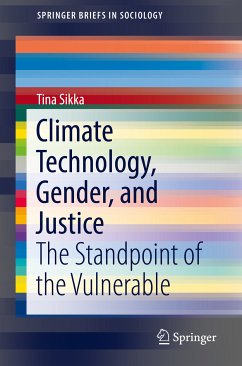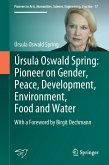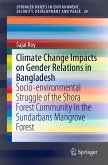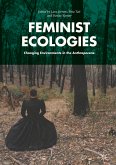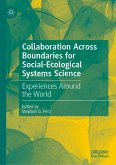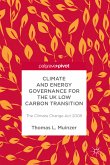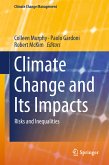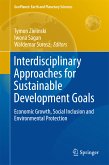This book is the first to undertake a gendered analysis of geoengineering and alternative energy sources. Are either of these technologies sufficiently attendant to gender issues? Do they incorporate feminist values as articulated by the renowned social philosopher Helen Longino, such as empirical adequacy, novelty, heterogeneity, complexity and applicability to human needs? The overarching argument in this book contends that, while mitigation strategies like solar and wind energy go much further to meet feminist objectives and virtues, geoengineering is not consistent with the values of justice as articulated in Longino's feminist approach to science. This book provides a novel, feminist argument in support of pursuing alternative energy in the place of geoengineering. It provides an invaluable contribution for academics and students working in the areas of gender, science and climate change as well as policy makers interested in innovative ways of taking up climate change mitigation and gender.
Dieser Download kann aus rechtlichen Gründen nur mit Rechnungsadresse in A, B, BG, CY, CZ, D, DK, EW, E, FIN, F, GR, HR, H, IRL, I, LT, L, LR, M, NL, PL, P, R, S, SLO, SK ausgeliefert werden.

